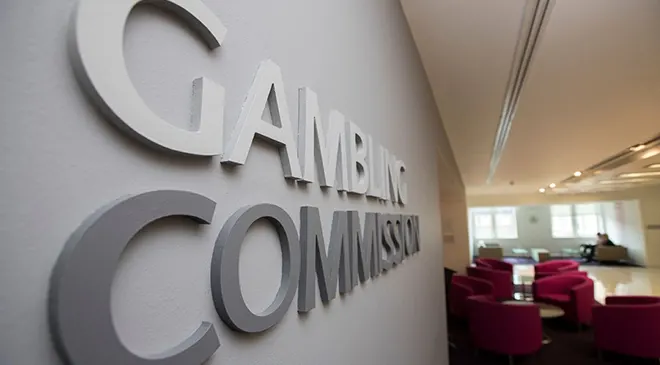 The UK Gambling Commission (UKGC) published its “Gambling Regulation in a Digital Age” document on April 8th, which is a detailed roadmap of the regulator’s corporate strategy for the next three years. It focuses on a range of factors that set out to ensure that the Commission will achieve its goal of securing a “fair, safe, and crime-free” gambling market which prioritises the wider public and consumers themselves.
The UK Gambling Commission (UKGC) published its “Gambling Regulation in a Digital Age” document on April 8th, which is a detailed roadmap of the regulator’s corporate strategy for the next three years. It focuses on a range of factors that set out to ensure that the Commission will achieve its goal of securing a “fair, safe, and crime-free” gambling market which prioritises the wider public and consumers themselves.
According to Marcus Boyle, Chair of the Gambling Commission, the strategy plan specifically outlines the UKGC’s plans on how it will enforce the reforms described in the Government’s Gambling White Paper. Mr Boyle also stressed that the Commission will utilise an innovative data programme. This entails that more efforts will be invested into consumer research and the detection of unsatisfactory behaviour by gambling companies, and further improvements in how data and research can be utilised will give the regulator better insight into gambling harm. To help achieve the latter, the UKGC is also planning on conducting a new Gambling Survey for Great Britain.
Of course, the National Lottery has also been factored into the UKGC’s plans. The Commission will focus on its regulation and, specifically, on a licensing programme that will ensure “the integrity of the competition outcome.” If all goes as planned, the Fourth National Lottery Competition will prioritise participant protection, contribute towards good causes, and become more valuable as an asset.
The Impact of Technology
 In addition to the above-mentioned factors, the UK’s gambling watchdog will aim to improve its own operational functions, specifically how it issues licences, how it ensures that licensees comply with the rules, and how the said regulations are backed by enforcement. In addition, the technologies and systems that the UKGC currently utilises are “reaching the limits of their capabilities,” according to the Commission, which warrants a major upgrade and the automation of some processes.
In addition to the above-mentioned factors, the UK’s gambling watchdog will aim to improve its own operational functions, specifically how it issues licences, how it ensures that licensees comply with the rules, and how the said regulations are backed by enforcement. In addition, the technologies and systems that the UKGC currently utilises are “reaching the limits of their capabilities,” according to the Commission, which warrants a major upgrade and the automation of some processes.
Dealing with illegal gambling will be at the forefront of the regulator’s priorities as well. As highlighted by the Commission, illegal operators do not protect consumers, and their operation is “unfair” for licensees who operate in line with UK legislation. The UKGC is, therefore, going to partner with the industry and allocate resources to the crackdown on illegal gambling.
Furthermore, the licensing requirements of the UKGC will receive a non-direct update, specifically in how they are communicated to both licensed gambling companies and consumers. Clarity will be a core aspect of the Commission’s plans, with the ultimate aim being to make the licensing requirements transparent so that regulated operators will be fully familiar with what is expected of them and that consumers will also know their rights.
UKGC CEO Andrew Rhodes expressed pride in “how far the Commission has come” and commemorated UKGC’s success in addressing major problems in the industry. He did stress, however, that what follows is implementing the Government’s decisions. Mr Rhodes also emphasised the Commission “will continue to work across borders” in order to tackle illegal gambling and other issues.
- Author


